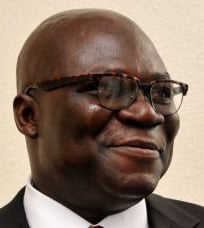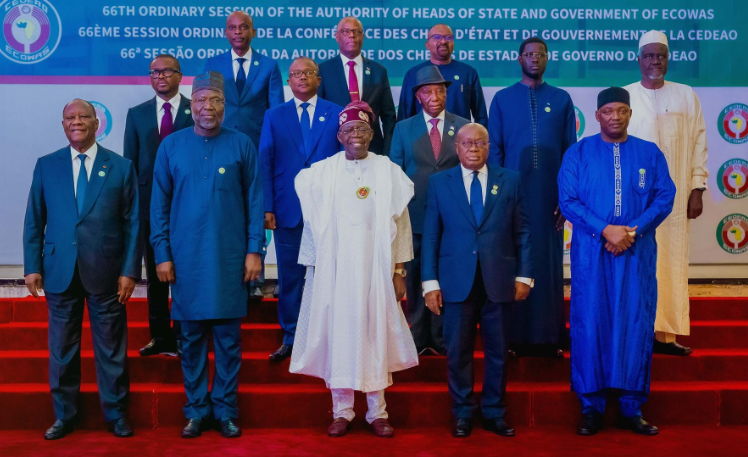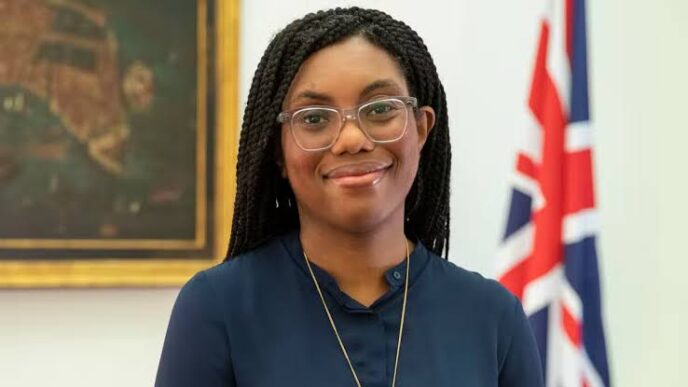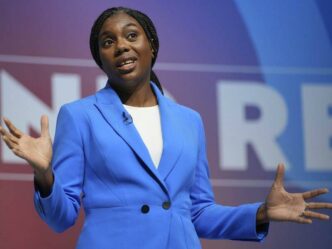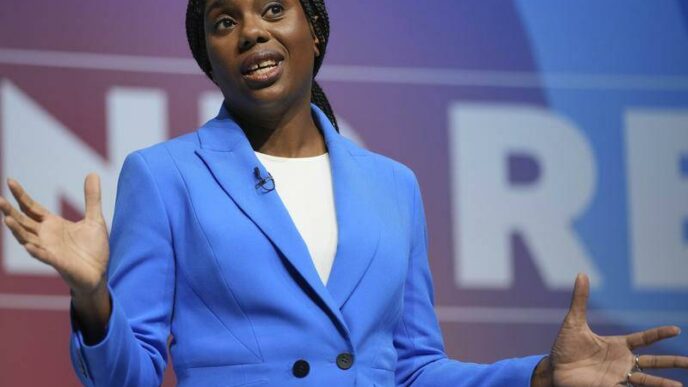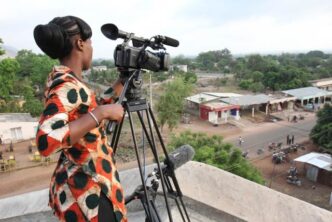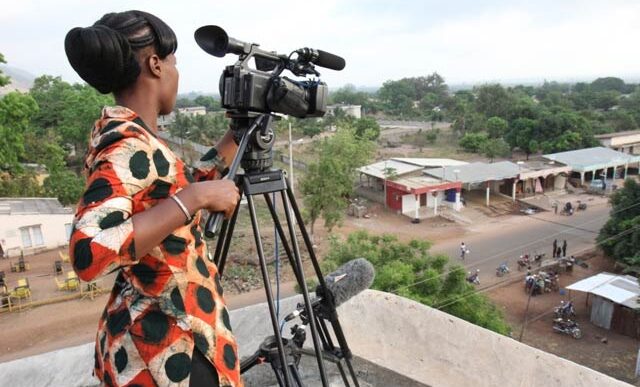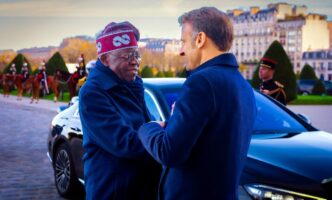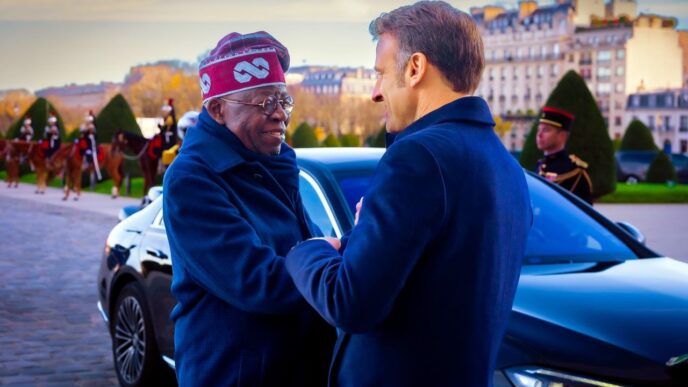Two major meetings were held over the weekend that just passed that have implications for the future of the Economic Community of West African States (ECOWAS) and the possible resolution or otherwise of political developments among member-states in the last two to three years, with implications for the future of the sub-regional organisation. ECOWAS was established in May 1975, when 15 West African states signed the Treaty of Lagos to establish a platform for the promotion of economic integration. This particular treaty was revised on July 24 1993, but the essential purpose of ECOWAS has remained consistent: trade facilitation, free movement of persons and goods, solidarity, promotion of human rights and peace.
The sixteenth member joined in 1977, making the membership 16. In addition to its many guidelines and principles, ECOWAS has a general framework which also guides protocols and relations among members. In July 1991, it adopted the Declaration of Political Principles as a cardinal rule, and in 2001, the ECOWAS Supplementary Protocol on Democracy and Good Governance. One of those protocols is the underlying trigger for this commentary, to wit: the principle of customary international law enshrined in Article 2 (4) of the 1945 UN Charter which binds member-states against the use of force as a means of changing governments, in the absence of armed attack or self-defence.
In 1978, ECOWAS signed a protocol on non-aggression against member states and in 1981, members agreed that in the event of any act of aggression against a member, they would come together in mutual self-defence and protect the victim-state to ensure peace, security and stability, by military means if possible and if inevitable, as seen in the interventions of ECOMOG in Liberia (1990) and Sierra Leone (1998). Even the African Union (AU) enabled by its Article 4(h) can be called upon to intervene when the basic protocols have been breached. This however is a slightly complicated area of the subject which we need not bring into this commentary.
What we know is that ECOWAS specifically sees pro-democratic intervention as its bounden duty, but the effectuation of this has been a problem in the sub-region over the years and to cite a recent example, in 2016, when ECOWAS threatened to deploy a standby ECOWAS force in The Gambia to restore the people’s wish if Yahya Jammeh refused to leave office. Jammeh was eased out and a standby force did not have to intervene.
Advertisement
But a turning point came for ECOWAS when the military seized power in Mali in 2020 and 2021, Guinea in 2021, Burkina Faso in 2022, and Niger in July 2023. ECOWAS, with Nigeria’s President Bola Tinubu as Chair, thought it needed to intervene to return these countries to democracy, the rise of military juntas in the sub-region being a threat to democratic consolidation. ECOWAS suspended the states in line with its protocols and proceeded to impose political and economic sanctions. It threatened to deploy troops if it became necessary. This was an act of political miscalculation.
In the four countries, there were civilian protests against ECOWAS, particularly in former French colonies of Burkina Faso, Niger and Mali. The more interesting part of it is that the ECOWAS was accused of being too pro-French. In Burkina Faso, Mali and Niger, the people publicly denounced continued association with France and specifically in Niger, the people openly waved Russian flags and pulled down French flags.
From Senegal to Niger, a wave of rebellion erupted in the former colonies, in what signalled a creeping failure of French relations with its former colonies in Africa. Senegal has had to shut down French military bases to assert its sovereignty, in Burkina Faso the military junta revoked gold permits that had been awarded to French companies, in Niger, the government similarly cancelled the mining permit of Orano, the French nuclear producer that runs the uranium mines in that country.
Advertisement
In addition, Niger revoked its tax co-operation treaties with France as also did Mali, which broke off from its defence accord with France, and its 11 colonial agreements with the former overlord. In the vacuum created by these new realities, Russia and its Wagner group became the favourite partner of former French colonies in West Africa. The Sahel region has been a hotbed of violence and terrorism and naturally, there were concerns about the implications of the presence of Russia and Wagner in the sub-region and the festering anti-West sentiments in the backyard of ECOWAS members. ECOWAS eventually had to review its threat of sanctions, and military action and adopted the options of diplomacy and dialogue.
This achieved little or nothing. In January 2024, Burkina Faso, Mali and Niger announced their decision to quit ECOWAS. They formed the Alliance of Sahel States (AES) as their own confederation as an alternative to ECOWAS. Their departure under Article 91 of the Revised ECOWAS Treaty would become effective on January 29, 2025. The resort to diplomacy, an afterthought by ECOWAS also yielded no results. In July, ECOWAS appointed President Bassirou Faye of Senegal as the mediator with the aggrieved countries. President Faure Gnassingbe of Togo was also sent on diplomatic shuttles to Niger. President Tinubu as ECOWAS Chairman, also sent other envoys to the Sahel.
Barely a month before the January deadline, there was a meeting of Ministers of Burkina Faso, Niger and Mali in Niamey last Saturday, December 14, where they reiterated that the departure of the three countries from ECOWAS, effective January 29, 2025, is “irreversible.” They however also resolved that the three countries would remain visa-free for all ECOWAS countries after the exit. While the latter resolution may alleviate fears about the free movement of goods and services, there is still the residual challenge of insecurity in the Sahel and the threat of a further tumultuous season in that part of West Africa with wider implications for regional peace.
It is perhaps out of this realisation that the Authority of Heads of State and Governments at its 66th Ordinary Summit last weekend, Sunday, December 15 at the State House in Abuja, decided to vary Article 91 of the Revised Treaty and granted the departing trio an extension of six months from January 29 to July 29. This is basically to create room for further diplomatic negotiations in the hope that the three countries can be brought back into the fold. In Niamey, on Saturday, the AES Ministers still made it clear that ECOWAS leaders are too subservient to France.
Advertisement
Without being specific, they may well have been referring to President Tinubu who recently returned from France where he was treated to a lavish and grand reception by President Emmanuel Macron. It remains to be seen whether the AES would reverse itself. It is a long wait but as certain as daylight, July 29, 2025 would soon be upon us. In the meantime, the ECOWAS Commission has been directed to begin work on the necessary withdrawal formalities, while the mediator continues with last-ditch efforts to keep the dream of the founding fathers of ECOWAS alive, giving the AES an opportunity to have a re-think.
It is further instructive that at the ECOWAS meeting of Heads of States and Governments, President Tinubu, Chairman, took time out to praise the just concluded general elections in Ghana and parliamentary elections in Senegal. He even praised Ghana’s Vice President Mahamudu Bawumia of the ruling New Patriotic Party (NPP) who conceded defeat to the candidate of the opposition, President John Mahama of the National Democratic Congress (NDC). He praised the government and people of Ghana for their maturity. This was a subtle dig at the leaders of the West African countries where the military chose to resort to force and aggression. Without a doubt, the rise of military juntas poses a threat to democracy in West Africa and peace in the region. The romance of the juntas with Russia and China dangerously positions the region as a territory for proxy conflicts among major Western powers. It is an ill-wind. ECOWAS needs to do more to persuade the errant countries to restore constitutional order. The leaders also need to reinvent and retool the organisation.
By next July, it will be 50 years since ECOWAS was established. It would be pertinent to ask: how has the body fared? Has it so far fulfilled the ambitions of its founding fathers? Today, only one of those leaders who established ECOWAS in 1975 is still alive. Would General Yakubu Gowon of Nigeria be proud of what ECOWAS has become? What are the challenges facing the body? How can it be reformed? Mutual suspicion among the various blocs: Anglophone, Francophone and Lusophone has been a major issue for ECOWAS: how can the goal of integration be better realised? In 50 years, whatever the challenges may have been, it can be said that ECOWAS has been pivotal in forging cooperation, integration and trade within the region. ECOWAS in 2010 adopted Vision 2020, and also later a Vision 2050 roadmap to deepen the original objectives of the association.
There may have been challenges: insecurity in the Sahel, Boko Haram in the Lake Chad Basin, Ebola, COVID-19 and the emergent threat of military juntas, but on the whole, the main achievements of the body deserve to be celebrated. ECOWAS fought to restore peace in Liberia and Sierra Leone, and has been vocal in insisting on good governance. There are hitches in person-to-person relations within the body, over trade, commerce and space, but the free movement of goods and services has been largely beneficial. ECOWAS ranks probably as the most successful regional economic bloc in the continent, in terms of conflict management.
Advertisement
But ECOWAS has lost steam. It needs re-organisation. It is unfortunate that the same ECOWAS that acted decisively in Liberia, Sierra Leone and The Gambia is now the same body that is now being treated scornfully by a group of military adventurists who have reversed democratic progress in the Sahel. Their effrontery is fuelled by the descent into poverty and anomie in their countries. The clamour for change that compelled the people of Burkina Faso, Mali, Guinea and Niger to embrace the military is simply their frustration with the leaders in those countries. The people seek change and they embrace it in whatever shape it presents itself, with high expectations too, because they no longer trust their leaders who have alienated them and placed a greater accent on their own elite well-being rather than the common good for the people’s benefit.
The people are led by persons who promote injustice, inequality, and nepotism. They rig elections and do not allow the people’s votes to count. When the military intervenes, the people see the intervention as a form of liberation from the shackles of oppression. In Burkina Faso, Niger and Mali, they trooped to the streets in jubilation, almost like the situation today in Syria with the fall of Bashar Assad and the Assad dynasty, one of the most murderous ruling houses in the Middle East which clung to power for 54 years. In Mali in August 2020, when Mali’s President Ibrahim Boubacar Keita was removed in a military coup over allegations of corruption, fraud and electoral violence, the people were joyous. They carried placards saying “This isn’t a coup. It is a Revolution”. There was yet another coup in May 2021. Similarly in Niger in 2023, thousands of people gathered to hail the generals who led the coup in that country. The urgent matter that West Africa needs to resolve is the challenge of good leadership and governance.
Advertisement
There is a need at the organisational level for a re-dedication to the ideals of ECOWAS, and to develop a higher sense of belonging among the member-states and the over 420 million people that make up the region. As ECOWAS steps into its 50th year, it is in urgent need of reform and we need to see the members being faithful. At the last meeting of the ECOWAS Authority of Heads of States and Governments, Omar Alieu Touray, President of the ECOWAS Commission, commended Nigeria for having paid up its community levies for 2023, with the 2024 levy paid up to July this year. He advised other member states to emulate Nigeria’s example. I guess it has become a habit among ECOWAS members to allow Nigeria to do the heavy lifting in terms of funding while others tag along and yet enjoy the benefits of membership.
It is important that all parties pay their levies as and when due. The various structures of the body must be overhauled to ensure equity and deepen trade facilitation. The ideals of free movement of persons across the region should be enhanced. It must be possible for any national of an ECOWAS state to live and work in any of the member states without being subjected to undue discrimination or harassment. The celebration of ECOWAS at 50 must be an occasion for sober reflection and renewal. President Bola Tinubu was elected for a second term as chairman of ECOWAS in July 2024. He would preside over the 50th-anniversary celebrations before handing over the seat in July 2025. He may have listed some of his achievements as ECOWAS chairman at the 66th Ordinary session in Abuja; he would be required to give a fuller account of his tenure and the status of ECOWAS as part of the 50th anniversary. There is a lot more that can be done.
Advertisement
Views expressed by contributors are strictly personal and not of TheCable.
Add a comment
